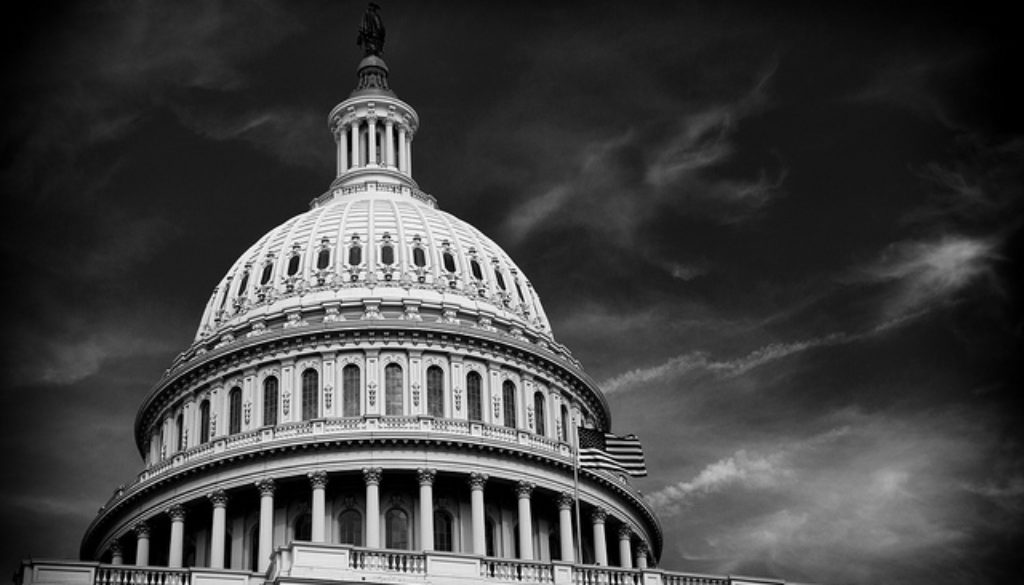Another Week, Another Ill-Considered Attempt to Undercut Regulations
This item, by Ross Eisenbrey, is cross-posted from Working Economics, the blog of the Economic Policy Institute.
No week seems to go by without an imbalanced attack on regulatory protections by a trade association, a “think-tank,” a member of Congress, or a journalist. These attacks frequently feature a reference to the growth in the Code of Federal Regulations, even though it is a meaningless measure of whether we’re overregulated. In offering another bill to diminish regulation, Sen. Angus King, for example,wrote yesterday that, “According to a recent study by the Progressive Policy Institute, the number of pages of federal regulations has increased by 138 percent since 1975, from 71,224 pages to 163,301 in 2011.”
That might sound like a lot of pages, but if you’re not using methylene chloride, polyvinyl chloride or hexavalent chromium, the hundreds of pages devoted to regulating those chemicals have no effect on you or your business. The same goes for IRS transfer pricing regulations, the Department of Agriculture’s beef slaughtering regulations, or OSHA’s crane safety regulations. No one in a small retail business, the tourism industry, or Maine’s lobster industry cares about or need worry about any of them.
Like most of his colleagues, Sen. King denounces “excessive and unnecessary regulations” without identifying examples. If he has a legitimate example, he should let the secretary of the appropriate agency know about it, or work to repeal it legislatively.
Instead, he and his colleague, Sen. Roy Blunt, propose the creation of a 9 member commission that would identify regulations “in need of streamlining or repeal.” The commission would report their recommendations to Congress in the form of a bill that would be “fast-tracked” (protected from many of the normal motions and procedures) and that could not be amended. This proposal is flawed in a number of ways.
First, the proposal does not specify who the commission would enlist to do the necessary cost-benefit analyses, paperwork analyses, etc. The bill provides no authorization of funding and gives no clue as to how many staff would be employed, what their expertise would be, how they would be paid, or what resources would be given to them. It is not clear that they would even be federal employees. Would the staff be supplied by the regulated industries or the Chamber of Commerce?
Second, an effort described as eliminating “unnecessary and redundant compliances” would duplicate the analyses already being conducted by federal agency staff, who follow the rules requiring input from the public, scientific review, and scrutiny by the Office of Management and Budget. This proposal is, itself, duplicative of OMB’s recently established regulatory lookback process.
Third, the commission could meet in private and propose that Congress eliminate a regulation dealing with a chemical, a process, or a hazard with which none of the commissioners had any familiarity, let alone any expertise. Moreover, they could do so with only 5 votes. Since the bill would be fast-tracked and couldn’t be amended, this means that Congress could be forced to vote on the repeal of individual regulations by five non-experts making uninformed decisions in private.
Sens. King and Blount might simply be showing sympathy with supporters in the business community and have no intention of moving the Regulatory Improvement Act of 2013. One hopes that is the case. But even in this more benign scenario, the rhetoric that accompanies their effort is not in any way helpful in informing the public about the regulatory system we all depend on for safe food and drinking water, safe and healthy workplaces, decent labor relations, or fair financial products and practices.

